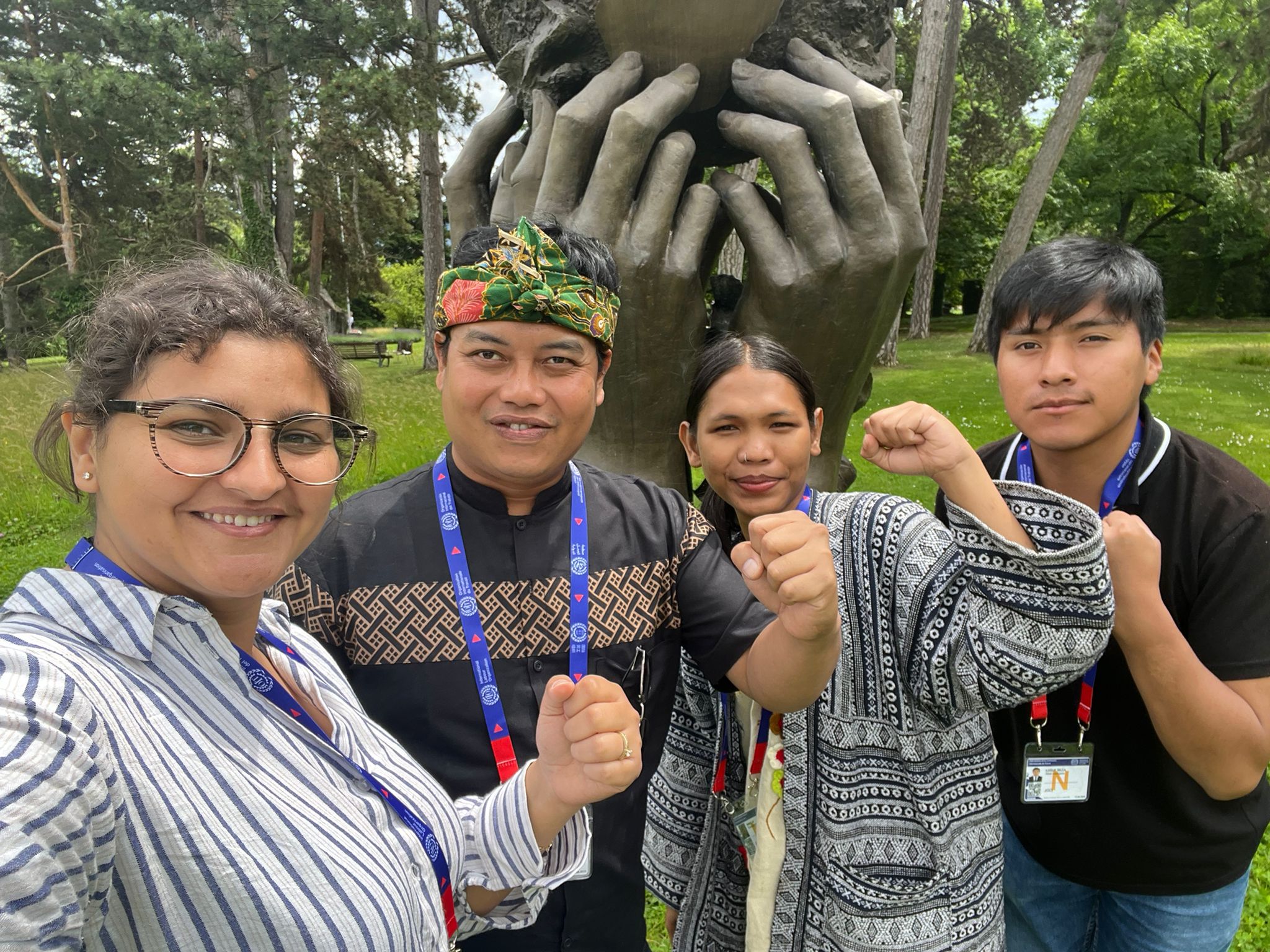
Geneva, June 2025 — At the 113th Session of the International Labour Conference (ILC), the International Young Christian Workers (IYCW) brought the lived realities of young informal workers to the global stage. The movement participated in both the plenary sessions and the Workers’ Group Commission of the Committee on “Innovative approaches to addressing informality and promoting the transition to formality for decent work.”
A Voice from the Grassroots: The Plenary Statement
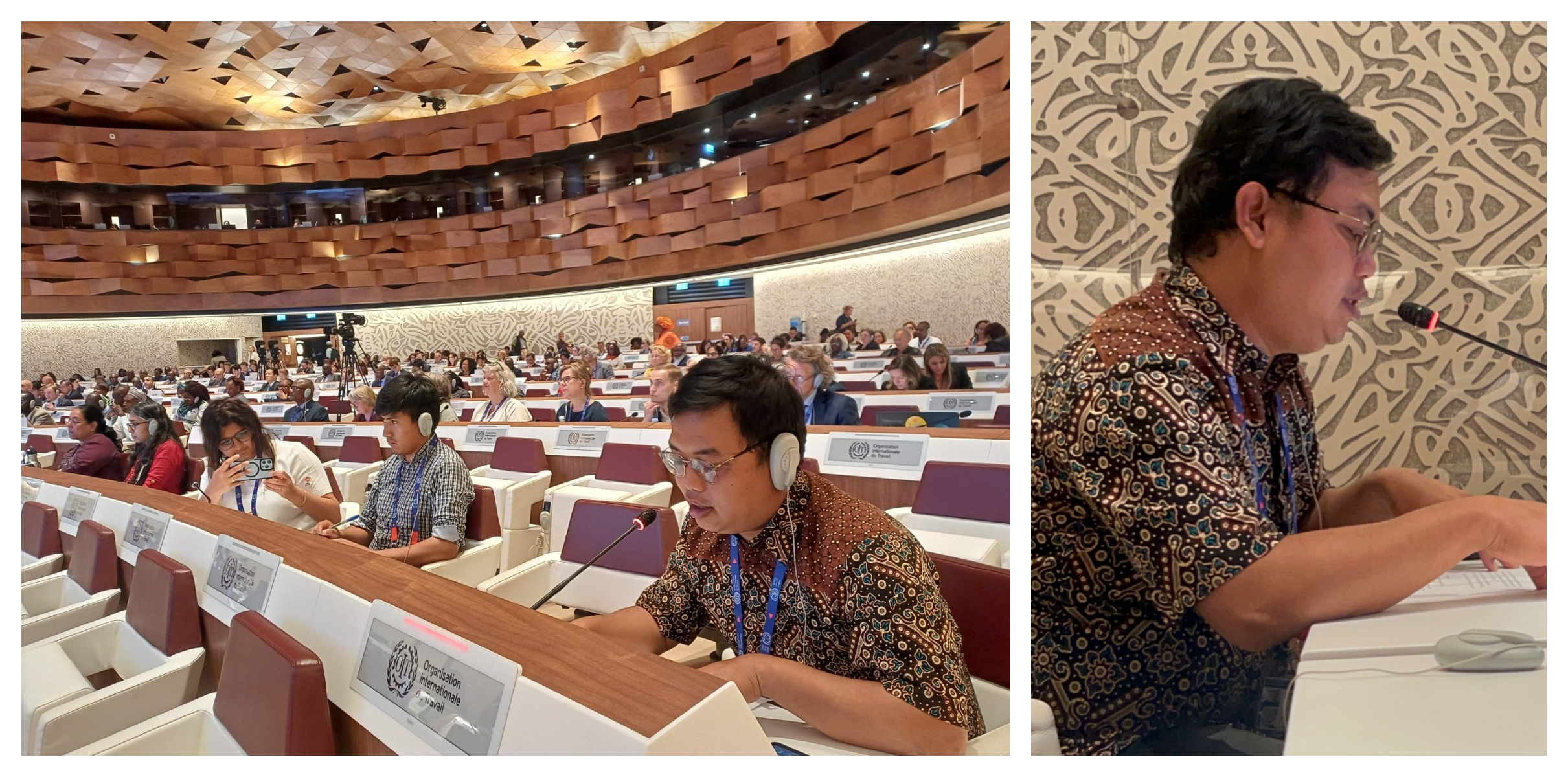
The IYCW’s plenary statement was read by Rony Robinashya, IYCW Asia-Pacific (ASPAC) Regional Coordinator, and featured the testimony of Abel Leonardo Luque Vilca, a young worker from Peru:
“In 2023, I worked at a veterinary clinic from 8 a.m. to 10 p.m., earning just 20 soles per day — and only 15 if I arrived late. I had no contract. The official schedule and conditions were never respected.” — Abel Leonardo Luque Vilca, Peru
This testimony is not an exception. It reflects the daily reality of millions of young people around the world trapped in informal work — with no contracts, no stable income, no social protection, and no voice.
“This is a systemic injustice,” Robinashya emphasized. “And it must end.”
Youth-led Proposals for Lasting Change
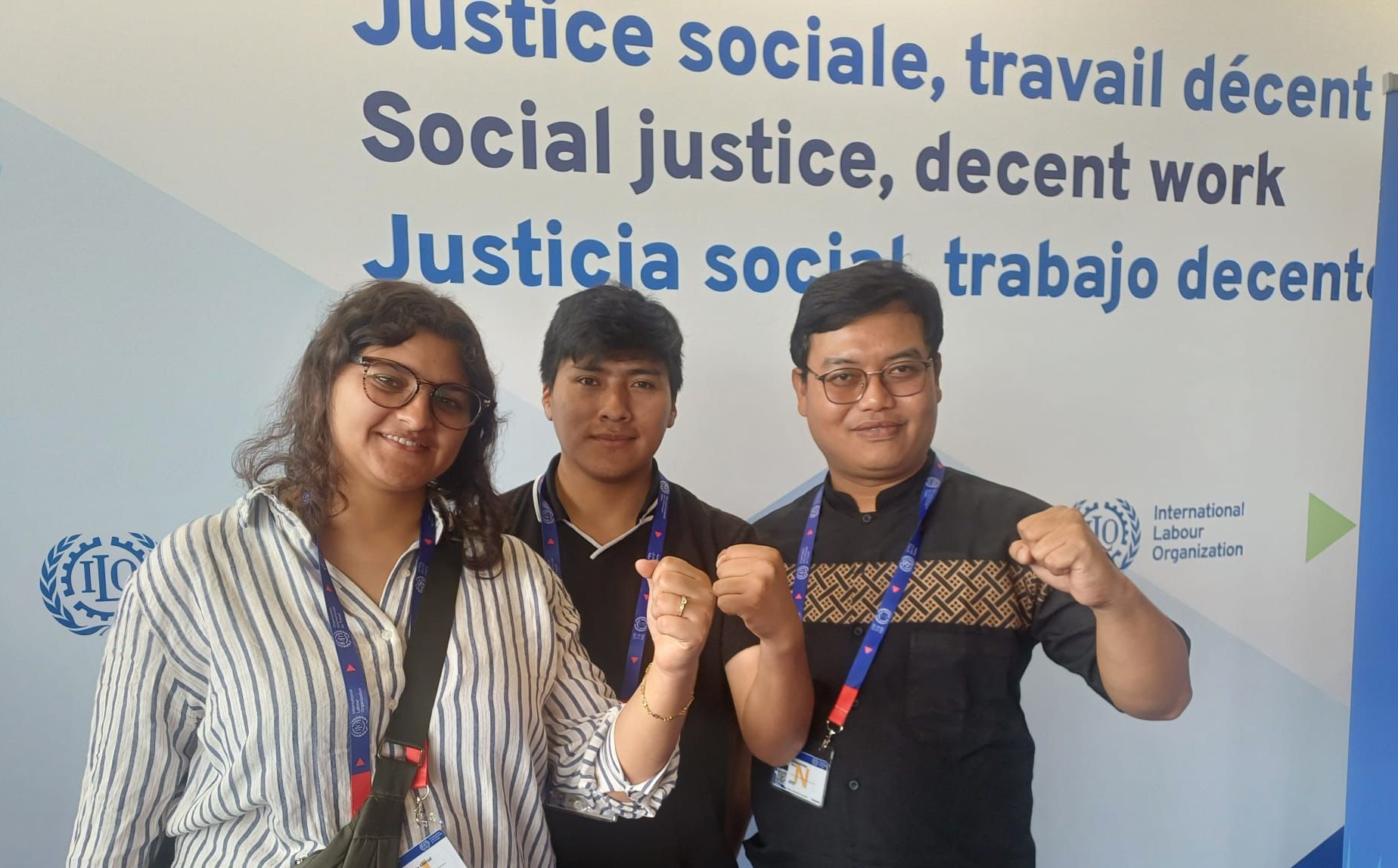
The IYCW used its platform to present clear, actionable proposals to address the structural causes of informality and empower youth: job security and fair wages for all workers; universal access to comprehensive social protection, including healthcare, pensions, education, and housing; dedicated public budgets to protect informal workers’ rights; investment in the Social and Solidarity Economy to create decent and sustainable work; immediate commitment to action — because delayed justice is denied justice.
“We cannot allow millions of young people to be left behind,” said Robinashya. “We demand justice now — not tomorrow.”
Workers’ Group Commission: A Youth Perspective from Peru
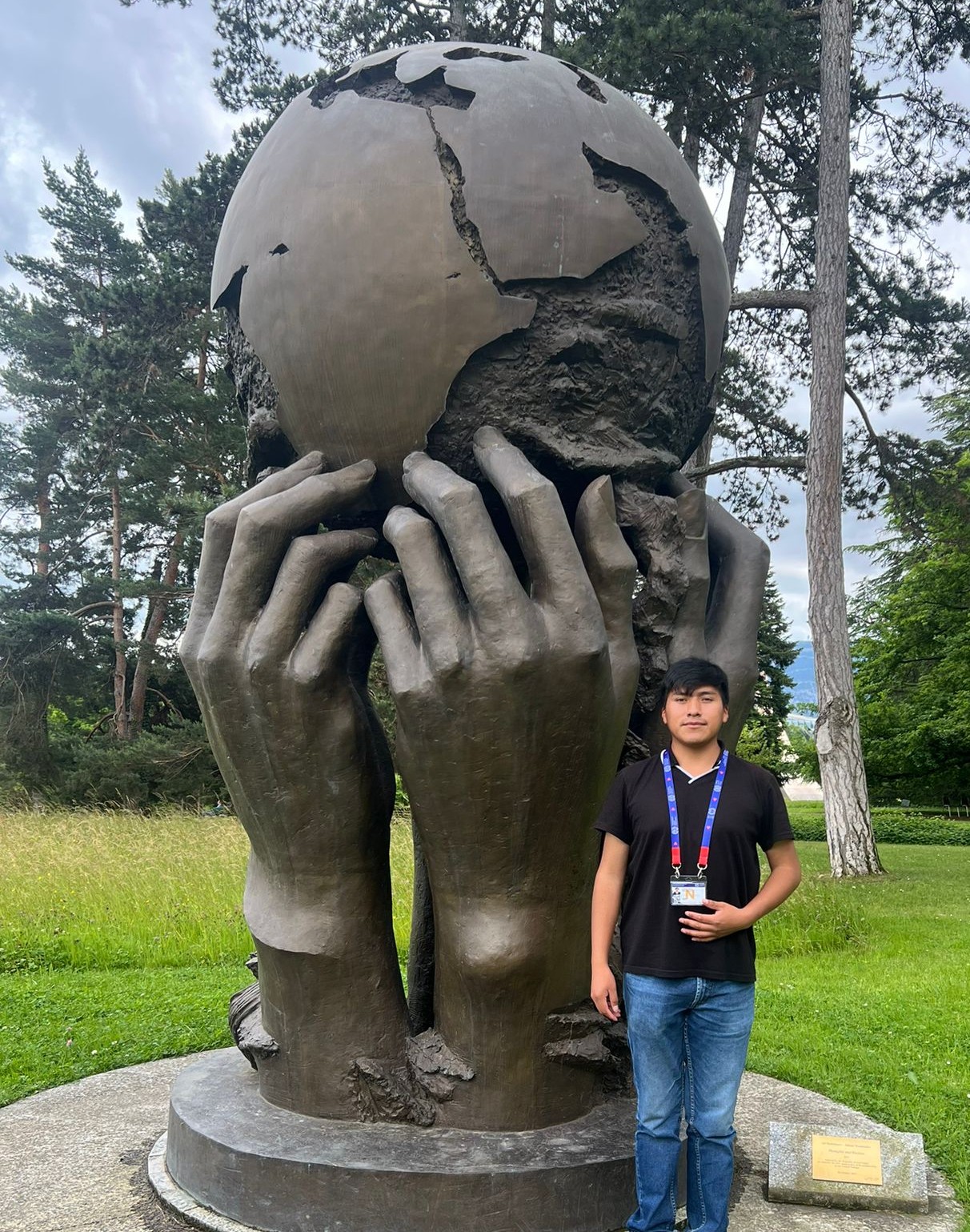
The IYCW also actively contributed to the Workers’ Group Commission, where Abel Leonardo Luque Vilca offered concrete policy recommendations grounded in his own experience as a young Peruvian worker:
“We must not forget young people, who often finish their professional studies and are unable to find work. As a Peruvian and as a young person, I believe that the ILO should promote policies that: improve technical education with a focus on employability; facilitate the formation of small youth enterprises by reducing red tape and providing access to microcredit, through dialogue with authorities in each country and even with international banks; launch campaigns to inform people about labor rights and the advantages of formal employment.”
A Global Call from the Youth Movement
The IYCW’s coordinated engagement across sessions was a powerful reminder to world leaders: young people are not just victims of informality — they are active agents of change.
From grassroots communities to international forums, young workers are organizing, advocating, and demanding a world of work rooted in justice, dignity, and decent employment for all.
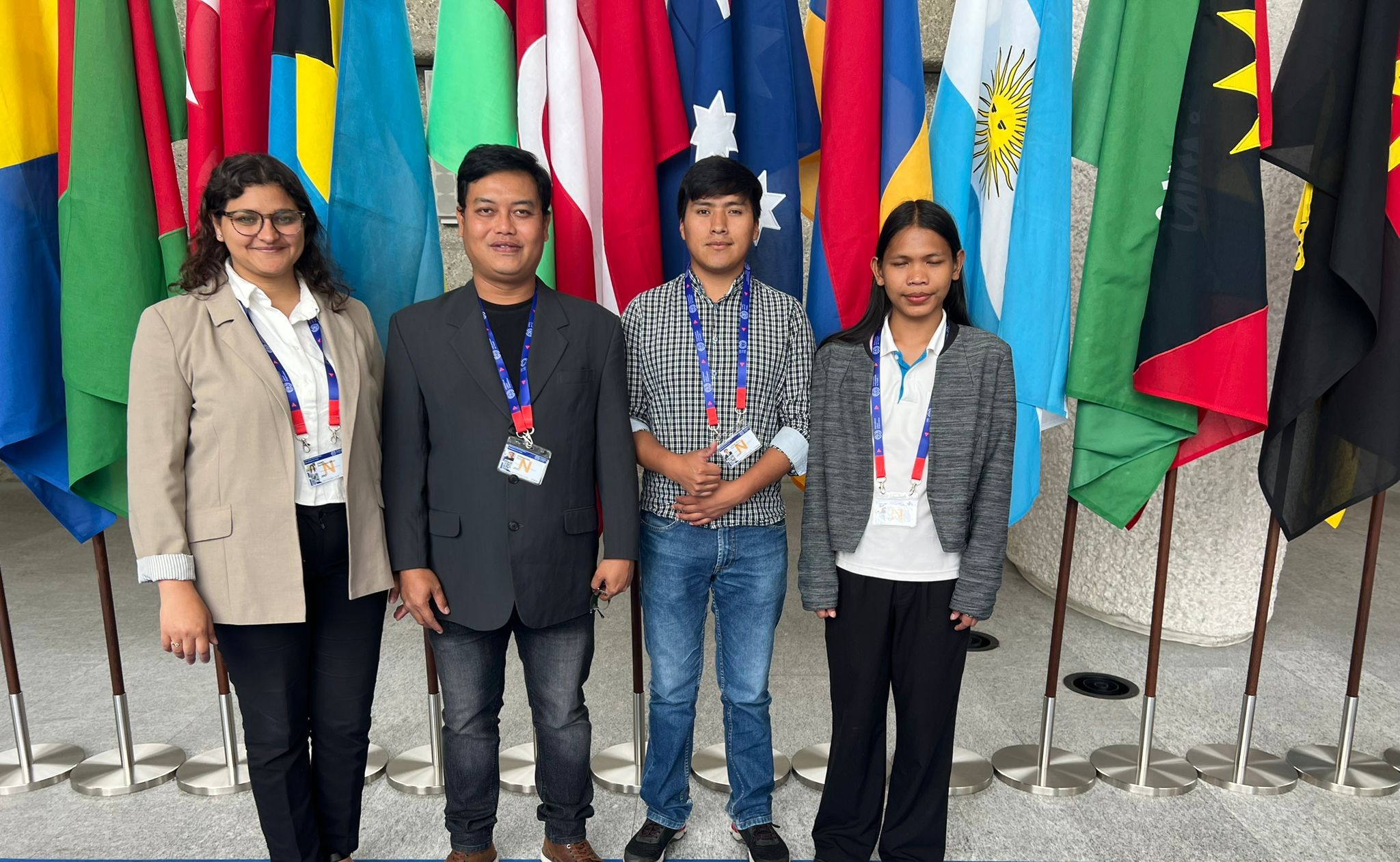
Key Outcomes from the ILC 2025 Resolution
The ILO’s Resolution on “Innovative approaches to addressing informality and promoting the transition to formality for decent work” adopted at the 113th Session included several key commitments relevant to the youth-led proposals and interventions presented by the IYCW: reaffirmation of Recommendation No. 204 as the global framework for tackling informality; recognition that young people are among the groups most at risk of being trapped in informal work; commitment to develop integrated national strategies, with strong social dialogue, to prevent informalization and promote transition to formality; emphasis on investment in education, skills development, and training linked to labour market needs, particularly for youth; promotion of simplified administrative procedures, access to finance, and support for the Social and Solidarity Economy as pathways to formal employment; call for sustainable financing mechanisms to ensure inclusive and productive transitions to the formal economy.
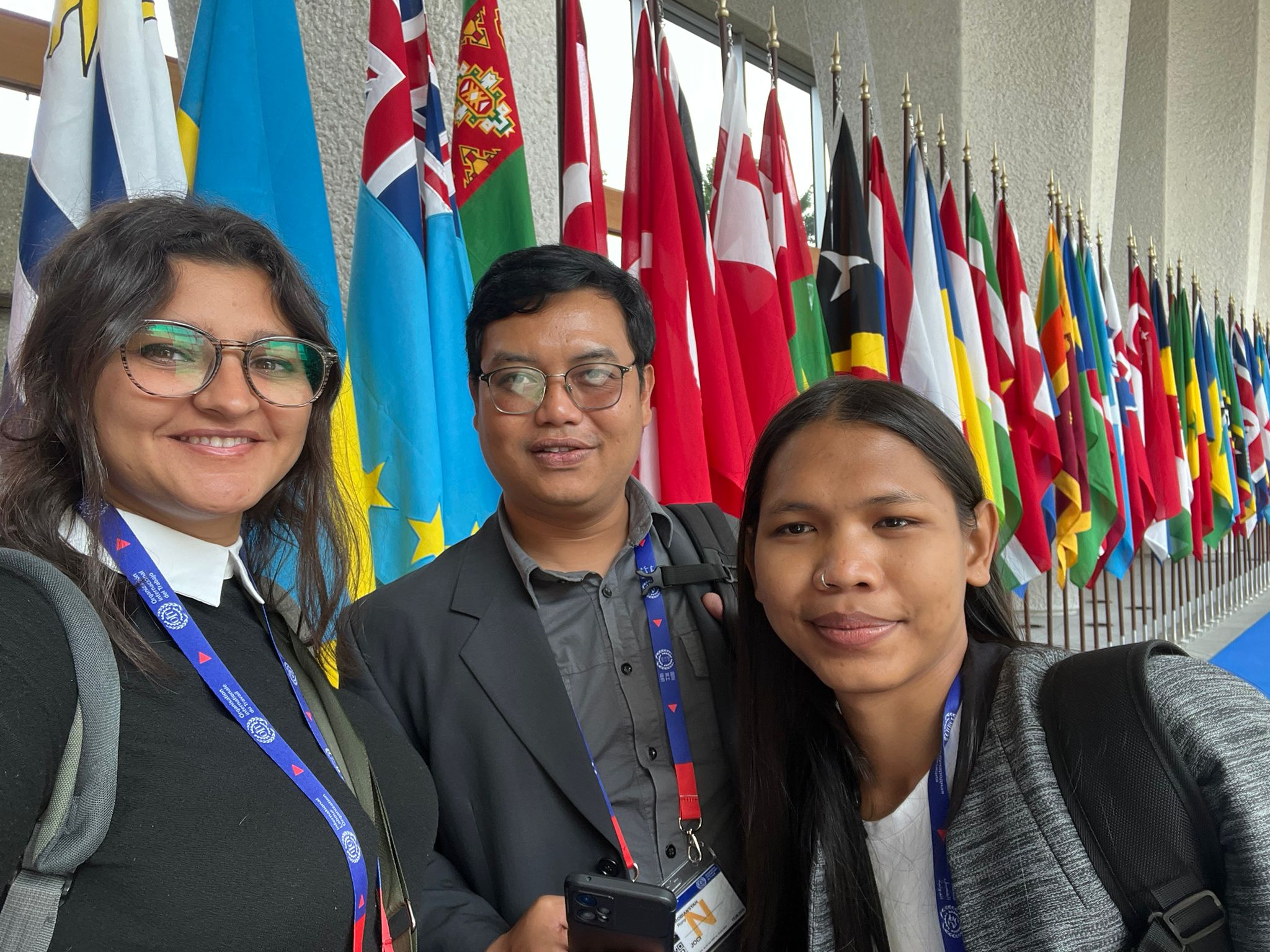


 English
English  Español
Español  Français
Français